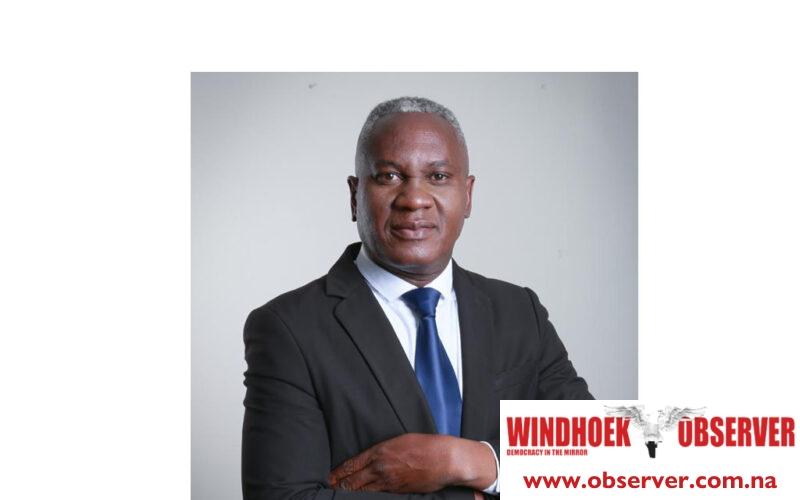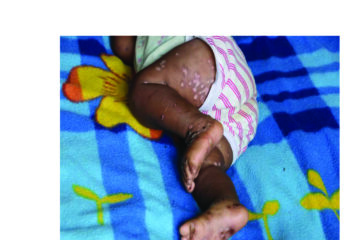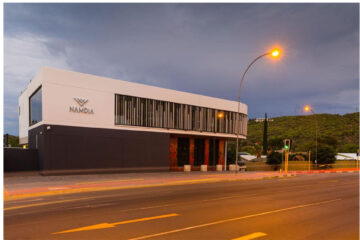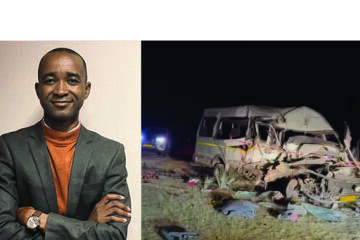Allexer Namundjembo
The 4th General Assembly of the African Seismological Commission (AfSC) is taking place in Namibia for the first time.
The three-day event, currently underway, has brought together seismologists from across Africa to discuss, collaborate, and improve regional seismic monitoring.
Key topics include Namibia’s seismological network and a review of earthquake events in various African countries.
Penda Ithindi, the executive director of Namibia’s Ministry of Mines and Energy, spoke at the opening of the Assembly yesterday at Avani.
He highlighted the growth of the AfSC since its launch in 2014. Ithindi emphasised the importance of seismology in addressing regional and global challenges, such as natural disasters, climate change, and natural resource management.
He noted that seismology has far-reaching and transformative applications.
‘’Although the science of seismology within the African scientific community is smaller compared to the rest of the world, it is my wish that the African Seismological Commission shall continue to visibly promote the science of seismology within the scientific community on the continent, through collaboration, resourcing, and advocacy for the applications and benefits from this important field,’’ Ithindi said.
Ithindi also shared that Namibia’s earthquake catalogue spans over 100 years, helping identify seismic zones.
He explained that publicly available seismic data benefits the mining industry, the construction sector, and local authorities for risk assessment and geotechnical studies.
“For example, at Anker settlement in the Kunene Region of Namibia, which is located in one of the seismic zones, a school infrastructure was designed and constructed based on the results of the micro zonation studies carried out in 2020. In addition, one of our seismic stations is an integral part of the International Monitoring System (IMS) with the core purpose of detecting nuclear explosions, and it has demonstrated its agility in that regard,” Ithindi said.
Robert Floyd, Executive Secretary of the Comprehensive Nuclear Test Ban Treaty Organisation (CTBTO), said the CTBTO aims to include representation from all global regions and has focused on mentorship and internships for young Africans.
The organisation has sponsored five young people to attend the assembly.
“Africa’s commitment goes beyond just signing treaties; they are hosting 38 international monitoring systems. These systems allow us to detect nuclear explosions anywhere, anytime, across the face of this planet, whether the explosion is in the air, underwater, or even underground. Those systems can detect,” Floyd said.
He added that the CTBTO supports seismic monitoring capacity in various regions, including Africa, to improve data accuracy and enhance the detection of nuclear tests.




